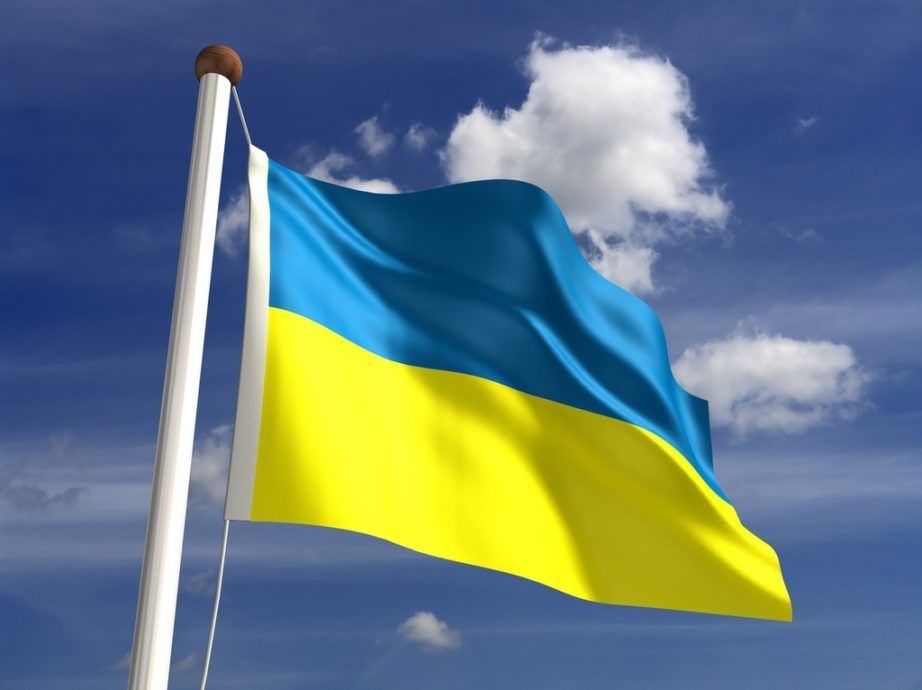
Frozen Frontlines: A Fragile Peace or a Dangerous Precedent?
The Krakow Times
The United States has floated a controversial peace proposal aimed at halting the war in Ukraine by freezing the current frontlines. On the surface, it appears to offer a path out of a grinding and increasingly costly conflict. Yet beneath its pragmatic framing, the plan has ignited fierce debate, with critics branding it a capitulation to Russian aggression and supporters hailing it as a hard-nosed step toward peace.
At the heart of the proposal is a simple yet seismic idea: fix the frontlines roughly where they now stand. Senator JD Vance summed it up bluntly, saying, “The current lines, or somewhere close to them, is where you’re ultimately going to draw the new lines.” Such a stance effectively accepts a division of territory and acknowledges that neither side is likely to achieve total victory. Ukraine would have to give up claims to some eastern regions, while Russia might also scale back from areas it cannot securely hold.
The offer comes with a suite of incentives aimed at encouraging both sides to accept the freeze. Russia would gain formal US recognition of its control over Crimea—a move that many view as the most controversial aspect of the deal—and some relief from punishing energy sanctions. In return, Ukraine would be promised long-term security guarantees from European nations, along with significant international financial backing for post-war reconstruction.
Digging into the finer details, the plan outlines a few strategic adjustments. It calls for free navigation on the Dnipro River, easing logistical tensions and bolstering trade. There are suggested realignments near Kharkiv and proposals to place the Zaporizhzhia nuclear power plant under US oversight, aiming to ensure a steady power supply and minimise the risk of further military escalation around critical infrastructure.
The reactions to the plan have been polarised and impassioned. Ukrainian President Volodymyr Zelenskyy flatly rejected any deal that recognises Russian sovereignty over Crimea, declaring such a concession unconstitutional and a betrayal of Ukraine’s territorial integrity. On the other hand, US President Donald Trump accused Zelenskyy of obstructing the path to peace, suggesting that Ukraine’s rigid position threatens to prolong the war.
From Moscow, there have been murmurs of interest. Kremlin insiders have hinted at a readiness to negotiate, provided that European troops do not set foot on Ukrainian soil. Russia’s war fatigue and growing domestic pressures may be softening the hardline rhetoric, at least in diplomatic backchannels.
The stakes of this proposal go far beyond Ukraine. Accepting the new lines could signal a profound shift in post-war US foreign policy and the broader Western stance on territorial integrity and the use of force. Critics argue that such a move would embolden aggressors globally, validating the notion that borders can be redrawn by military might. To them, it is not just about Ukraine—it’s about the rules-based order itself.
Yet proponents see the situation through a different lens. They argue that the human cost of continuing the conflict is unsustainable. With no clear military resolution in sight, and with both armies dug in, the plan could offer a realistic off-ramp. Peace, they say, often comes not through ideal outcomes but through difficult compromises.
Whether history will remember this as a masterstroke of diplomacy or a short-sighted surrender remains to be seen. For now, the world watches as Ukraine, Russia, and the West weigh the cost of principle against the price of peace.




So if we take action of politicians of the past as our guide, NATO should have counter attacked Russia within three days of its assault on the Ukraine. When Germany invaded Poland, did the free world wait 4 years to mobilise their forces, no they declared war within 3 days. There was a British Politician who came back from a meeting with Hitler, Chamberlain who said on his return; peace in our time ! Why would anyone try to appease a bully, it only encourages them. Vance’s proposed deal must be seen as an appeasement offer. Would Australia give up Tasmania if China assaulted us for an offer of peace?